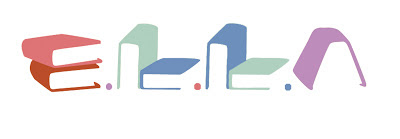Due to the social changes occurred (migration, increase of the population age, more access to cultural issue from the side of disabled and young people), public, educational and cultural institutions are required to modify their action strategies. These new citizens in libraries have their own needs: as a result libraries are converting to community centres.
However there are some critical aspects. For example, the use of internet stations is very high among migrants, allowing them to maintain contact with their country of origin and at the same time introducing them to other services. Some libraries foresee initiatives that also involve these groups of users but often the potential of the library are not used in its whole because of communication difficulties between librarian and users, or due to the lack of suitable opportunities to respond to different needs, to the lack of long lasting proposals specifically addressed to them and the request for access to Internet is often not accompanied by the access to cultural services.
This tendency of the library to become a community centre has direct and relevant consequences on the role of the library and on the work of the librarian staff. Answering the needs coming from the social community and managing successful libraries requires new competences and new tools.
To overcome this situation, this project will start a process which aims to develop a VET programme and to collect examples of good practice regarding intercultural competences in cultural institutions throughout Europe providing to the above mentioned target group appropriate skills, competences and know-how for their professional interventions. Moreover, the project aims at the comparison of VET approaches and concepts in this field on European level.
However there are some critical aspects. For example, the use of internet stations is very high among migrants, allowing them to maintain contact with their country of origin and at the same time introducing them to other services. Some libraries foresee initiatives that also involve these groups of users but often the potential of the library are not used in its whole because of communication difficulties between librarian and users, or due to the lack of suitable opportunities to respond to different needs, to the lack of long lasting proposals specifically addressed to them and the request for access to Internet is often not accompanied by the access to cultural services.
This tendency of the library to become a community centre has direct and relevant consequences on the role of the library and on the work of the librarian staff. Answering the needs coming from the social community and managing successful libraries requires new competences and new tools.
To overcome this situation, this project will start a process which aims to develop a VET programme and to collect examples of good practice regarding intercultural competences in cultural institutions throughout Europe providing to the above mentioned target group appropriate skills, competences and know-how for their professional interventions. Moreover, the project aims at the comparison of VET approaches and concepts in this field on European level.


No comments:
Post a Comment